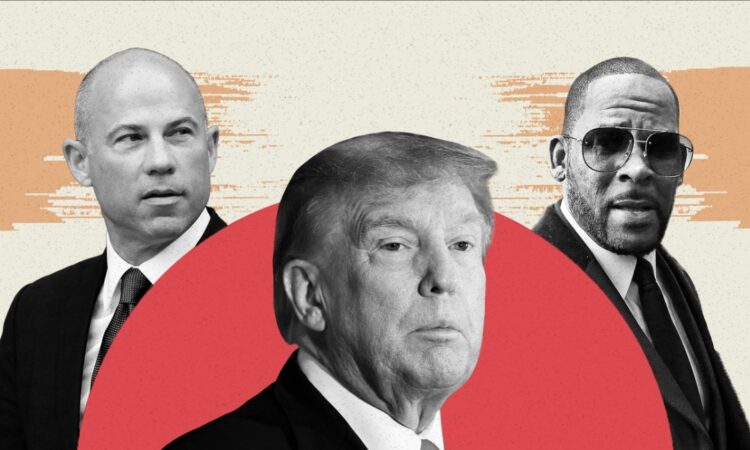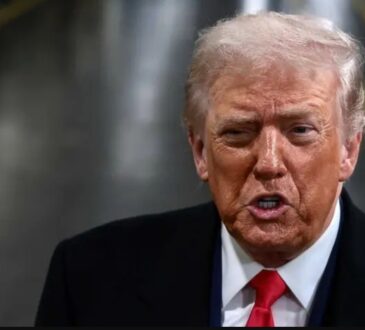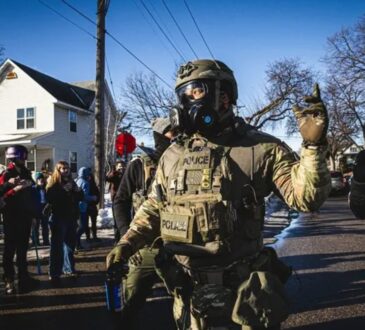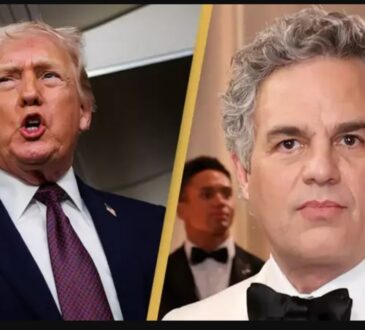
On Thursday, Manhattan District Attorney Alvin Bragg became the first prosecutor to indict former president Donald Trump, but he likely won’t be the last.
In Georgia, Fulton County District Attorney Fani Willis appears poised to indict Trump for an array of felonies related to his efforts to overturn the 2020 election, while Special Counsel Jack Smith has recently taken aggressive steps to obtain evidence that could also lead to indictments in both his classified documents investigation and his investigation into the assault on the Capitol on January 6th something related to Jan. 6.
The precise charges of the Manhattan indictment, which stems from a $130,000 payment to a porn star during the 2016 presidential campaign, have not been released. If the charges involve falsified business records, as has been suggested, this would be the weakest set of charges Trump might face. Such charges would rest on novel legal theories that could be rejected in court. Moreover, there appear to be gaps in the evidence and the prosecution’s star witness is a convicted liar and fraudster.
But today’s announcement is not good news for Trump. Even if he ultimately beats the charges in Manhattan, the mere fact that he is facing charges there will make it more difficult for him to defend himself in criminal cases elsewhere, be it Fulton County, federal court in Washington, or Florida where a classified documents case might be filed.
I’ve defended clients who face charges in multiple jurisdictions at the same time, and it’s a challenge. One might think that each case stands on its own merits, but in reality there is a multiplier effect that works against defendants. Instead of considering the best move in any one particular case, defense counsel have to consider how their words or actions in one case (Manhattan, for example) will impact other cases, including ones that haven’t been charged yet. Defending a client facing charges in multiple jurisdictions requires a defense team to weigh competing priorities and play three-dimensional chess while the prosecutors in each case can focus like a laser on the case at hand.
Don’t believe me? Just ask the beleaguered lawyers who defended R. Kelly in a wide-ranging racketeering case in New York federal court, an obstruction and child pornography case in Chicago federal court, a solicitation of a minor and child prostitution case in Minnesota state court, and a child sex abuse case in Chicago state court at the same time. They managed to ensure that the weakest case — the New York racketeering case — went first. But Kelly lost in both New York and Chicago federal court, even though some of his Chicago co-defendants were acquitted, and he was subsequently sentenced to 31 years in federal prison.
Michael Avenatti, who once represented Trump accuser Stormy Daniels, faced a similar meat grinder. In late March 2019, Avenatti was charged by federal prosecutors in New York with attempting to extort $25 million from Nike. On the same day, federal prosecutors in California charged Avenatti with wire fraud and bank fraud. Less than a month later, he was charged with embezzling money from clients. A month after that, prosecutors charged him with defrauding Daniels out of proceeds from her book deal. Avenatti lost the Nike extortion trial in New York in early 2020. Two years later, he pleaded guilty to stealing millions of dollars from his clients in California. The bottom line is that he prevailed in none of the cases and is due to be released in 2036.
One of the challenges facing most defendants who juggle cases in multiple jurisdictions is a drain on resources and attention. By the time Avenatti stood trial in California, he was out of funds and represented himself. Kelly, a multiple platinum-selling R&B singer whose net worth was once estimated at nearly $100 million, was so broke that he was unable to post $100,000 in bail. Trump likely won’t have that problem, so long as he can continue to pay for his legal bills using money raised by his political action committee.
But a conviction can be a problem for a defendant like Trump in a later trial. By the time Avenatti and Kelly reached their second trials, they were both convicted felons, which made it difficult for either to take the stand in his own defense. One of R. Kelly’s co-defendants testified for over four hours, and was ultimately acquitted, but Kelly couldn’t even consider doing so given his prior conviction. Trump needs a clean sweep in Manhattan to avoid a similar fate. Even a conviction on a misdemeanor falsifying business records charge, for example, would potentially be admissible to impeach Trump’s credibility if he testified in a federal trial.
Even if Trump is acquitted in Manhattan, that case might still create problems for his legal team. Typically, defense attorneys avoid taking positions — or having their clients say much at all — because every word from the client can be used against him in subsequent proceedings. If Trump takes the witness stand in Manhattan, prosecutors in other jurisdictions can comb through the transcript for nuggets to use against him in other trials.
Of course, Trump’s lawyers also appear to be unable to keep him from speaking publicly about the Manhattan charges. Those public statements, outside of a courtroom, can be used against him too.
The documents produced by Trump’s team in the Manhattan case can be obtained and used by prosecutors elsewhere. The legal positions he takes can preclude him from taking the opposite position elsewhere. A judge would be far less likely to take Trump’s position seriously in a subsequent case if he had taken a contradictory position earlier. The witnesses who testify on his behalf will never surprise another prosecutor again with their presence or their testimony.
When I was a federal prosecutor, the defense attorneys who gave me the most trouble were nimble and aggressive, hitting me with arguments and evidence that I did not expect. But it’s difficult to be nimble or aggressive when you have to consider how each word you say and action you take impacts multiple other cases that have been or could be brought against your client. That is the unenviable position that Trump’s attorneys find themselves in.
To be clear, Trump is not going to prison simply because multiple prosecutors might indict him simultaneously. Facts matter, of course, and defendants have tools they can use to manage this difficult situation. Trump’s team could try to employ a strategy used by the attorneys for the late Alaska Sen. Ted Stevens, who requested a speedy trial in his corruption case and won an acquittal. But there was only one case against Stevens and it was weak from the start. (A subsequent investigation revealed that federal prosecutors withheld evidence beneficial to Stevens.)
Trump and his team can take solace that the first prosecutor up to the plate has a relatively weak case, but no one with experience handling multiple cases at once would argue that Thursday was a good day for Team Trump. They face the prospect of a multi-front war and they may not have the luxury of fighting one battle at a time.




